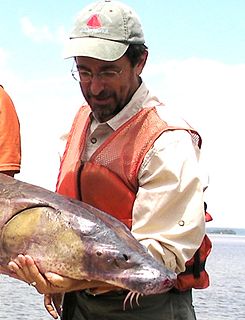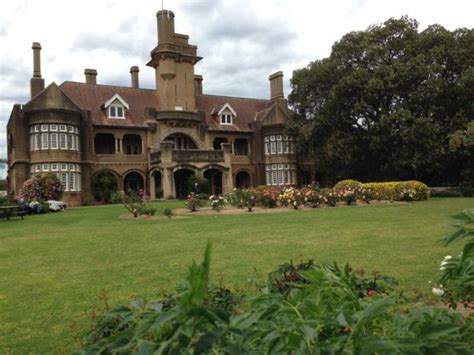A Quote by Andrew Revkin
When I wrote a long story about the retreat of sea ice, I made clear it could go the other way for a while, and that doesn't mean we don't know that a warmer world will have less sea ice. It just means there's a lot of variability and people can pay too much attention to the big swings in one direction or the other.
Related Quotes
Some 3 million years ago, when the earth was a little more than 3°C warmer than preindustrial levels (about 2.2°C warmer than today), Antarctica had far less ice and sea levels were a stunning 25 meters higher than today. If we stay on our current emissions path, the planet will almost certainly be that warm by the century's end.
Much of the attention on oceans has portrayed oceans as a villain. Warm water strengthened Hurricane Katrina that pounded Louisiana. Rising sea level will flood islands and coastal areas. Or, we're talking about new opportunities like a new shipping lane in the Arctic because of melting sea ice. These may be the obvious problems, but they're probably not the biggest ones.
I don't really look at stats or whatever. You see them on the big screen. But other than that, I don't pay too much attention to it. I did know about my dad's home run total. Other than that, I don't like to know. It's pointless. Whether you know or don't know, you don't want to think about it. You just want to go out and play the game.
Saving Greenland is both a metaphor and a precondition for saving civilization. If its ice sheet melts, sea levels will rise 23 feet. Hundreds of coastal cities will be abandoned. The rice growing river deltas of Asia will be under water. There will be hundreds of millions of rising-sea refuges. The word that comes to mind is chaos. If we cannot mobilize to save the Greenland ice sheet; we probably cannot save civilization as we know it.
What's your story? It's all in the telling. Stories are compasses and architecture; we navigate by them, and to be without a story is to be lost in the vastness of world that spreads in all directions like arctic tundra or sea ice. To love someone is to put yourself in their place, we say, which is to put yourself in their story, or figure out how to tell yourself their story. Which means that a place is a story, and stories are geography, and empathy is first of all an act of imagination, a storyteller's art, and then a way of traveling from here to there.
It's very clear that global climate change is occurring on earth, but it's also been very clear that that has always happened on earth. We've always had a changing climate on earth. We all know about ice ages. We know when our continent was covered with ice sheets. We know glaciers come and they go. It puzzles me that people forget that.




































